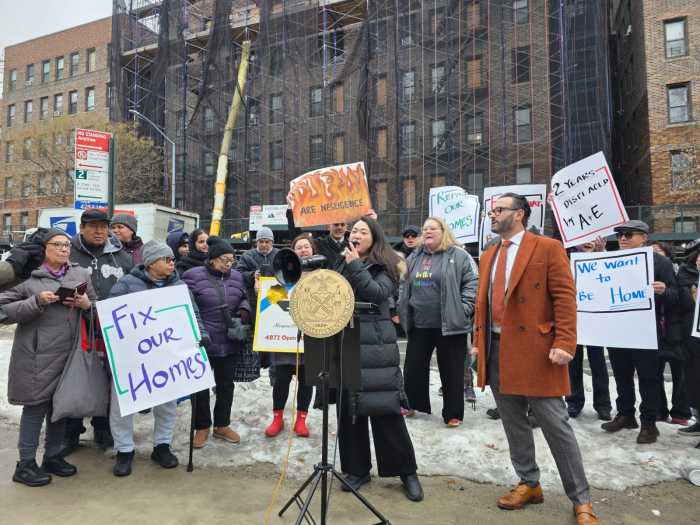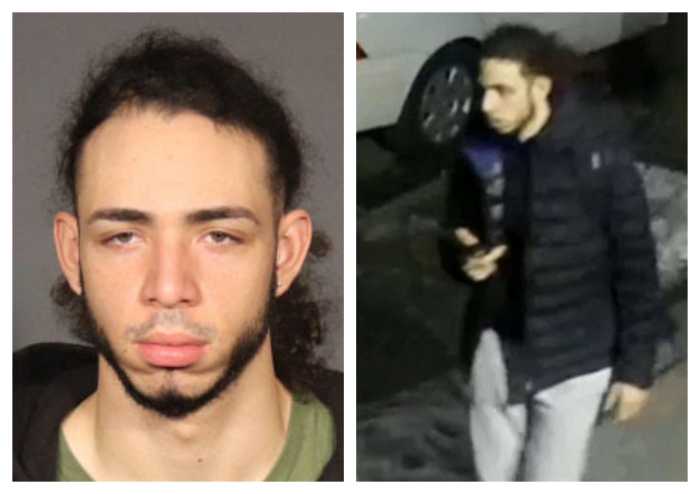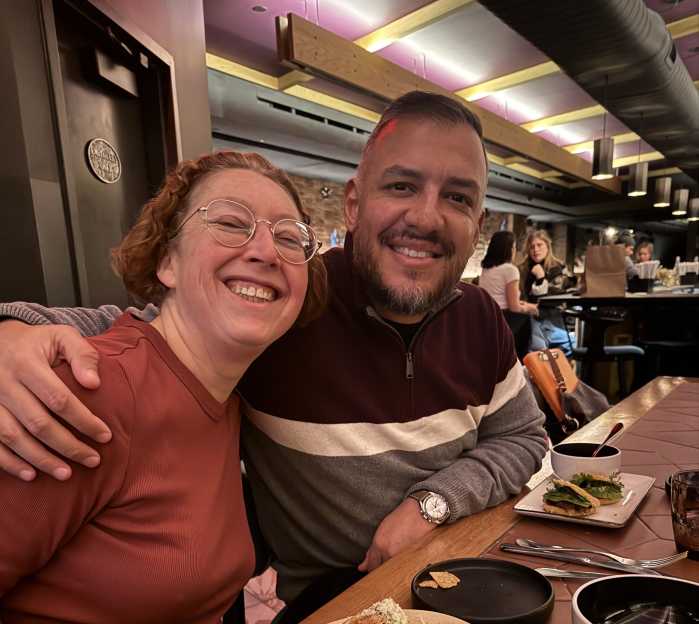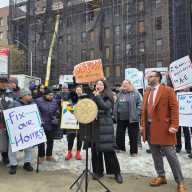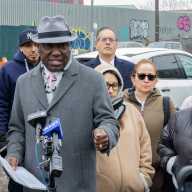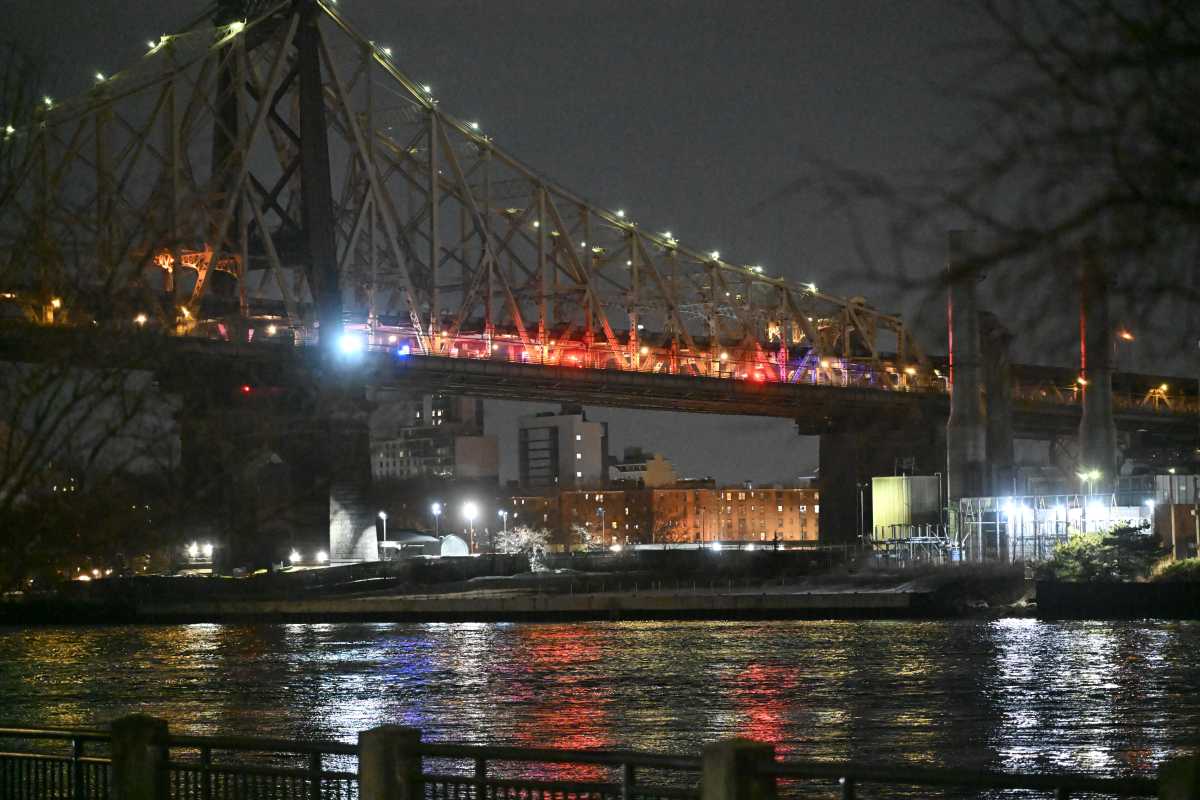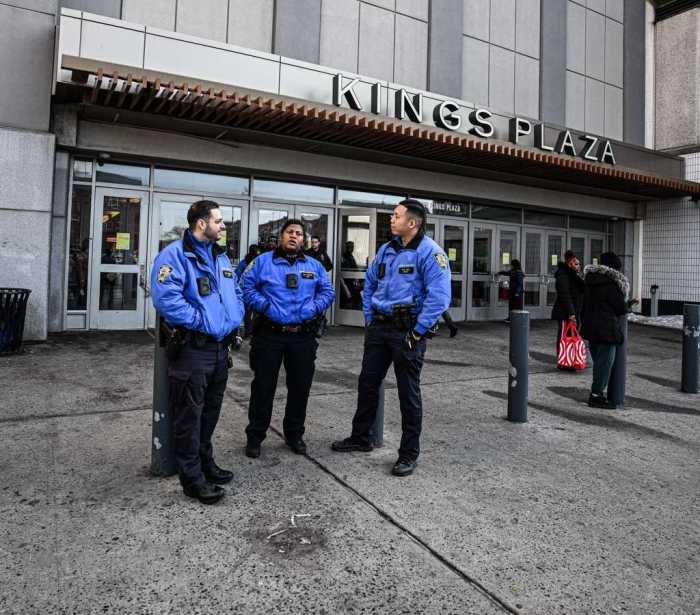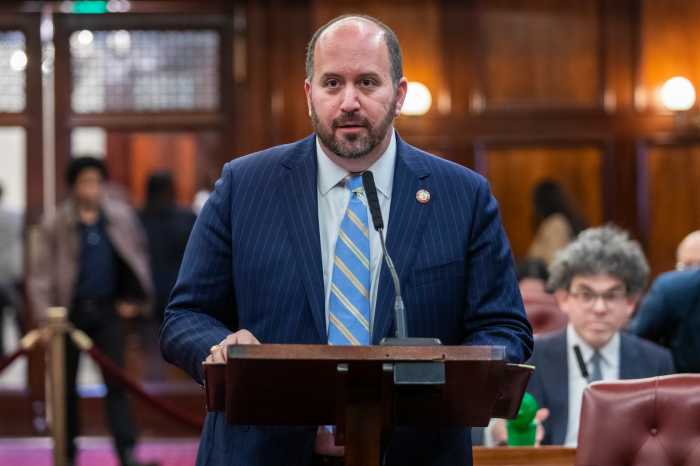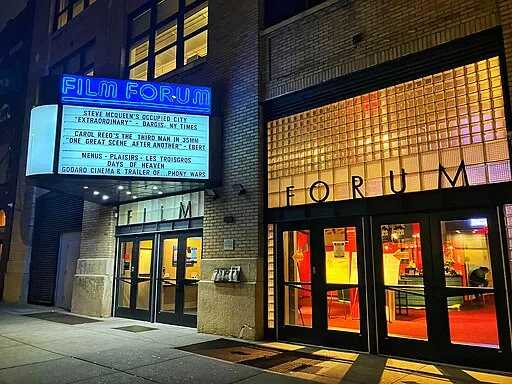By Alexander Dworkowitz
A promising compromise brokered by Queens Borough President Helen Marshall to end the county’s monthlong bus strike stalled Sunday night after union members walked out of a meeting about the plan.
But an official of the Transport Workers Union Local 100 said the union was still considering the plan.
A city plan to end the monthlong Queens bus strike was not approved at a tumultuous union meeting Sunday night but remained under consideration, union officials said.
In an attempt to halt the strike that has left more than 115,000 Queens riders stranded, Marshall unveiled a proposal that satisfied key demands of both Mayor Michael Bloomberg and the striking TWU Local 100.
Marshall proposed advancing $2 million of city funds to the three affected bus lines, Queens Surface Corp., Triboro Coach and Jamaica Buses, to pay for health care for its employees.
Under the plan, the city would reduce its quarterly payments to the companies from December 2002 though July 2003, thereby making up the $2 million.
The loan does not increase the city’s spending on the companies, a condition Bloomberg demanded, and raises health benefit funding to the unions over a two-year period to 19 percent, which Local 100 wanted.
The plan was drawn up after Marshall met with the management of the bus companies, which approved the plan.
Marshall’s proposal came two days after a Manhattan court ruled in favor of Local 100 and against the city.
On July 10, State Supreme Court Judge Kibbie Payne issued a temporary injunction voiding a state of emergency declaration by Bloomberg.
Bloomberg’s state of emergency relaxed city laws, allowing commuter vans and livery cabs to pick up passengers along the bus routes served by the three companies.
The city has appealed Payne’s decision, and the state of emergency remained in effect as of press time.
With the appellate court’s ruling pending, Marshall’s proposal was immediately praised by Bloomberg.
“To build upon these gains the city will audit the bus companies to identify additional efficiencies and cost savings,” Bloomberg said in a release. “We are pleased that the owners’ offer will allow the TWU to return to work, end the inconvenience for Queens riders and get the buses moving again.”
On Sunday evening, hundreds of the striking workers gathered at the IBEW Hall on Jewel Avenue in Flushing to discuss Marshall’s plan.
George Jennings, one of the union’s vice presidents, led many of the striking workers out of the meeting. Jennings said the union was betraying its workers and suggested forming another union, attendees of the meeting said.
The walkout prevented any formal decision on the proposal.
Joe Rappaport, a spokesman for Local 100, said despite the walkout the union was united on its primary goals.
“There’s not a division about what union members want,” he said. “It’s really a question about whether this proposal meets every one of our needs.”
Rappaport said the union was polling its 1,500 striking workers about their opinion of Marshall’s plan. A meeting to further discuss the plan had not yet been scheduled as of press time.
In addition to the workers’ concerns over health care, the union also is looking for job security.
Bloomberg has conducted talks with the MTA to possibly take over the borough’s private bus lines.
Workers want a guarantee from the city that they would not lose their jobs if such a takeover occurred, Rappaport said.
Councilman Tony Avella (D-Bayside) has introduced a resolution to the City Council voicing support for a deal that includes job protection for the striking workers.
“We have to do something to end this,” Avella said. “This is having a significant impact on the viability of the entire borough of Queens.”
Reach reporter Alexander Dworkowitz by e-mail at Timesledger@aol.com or call 229-0300, Ext. 141.


